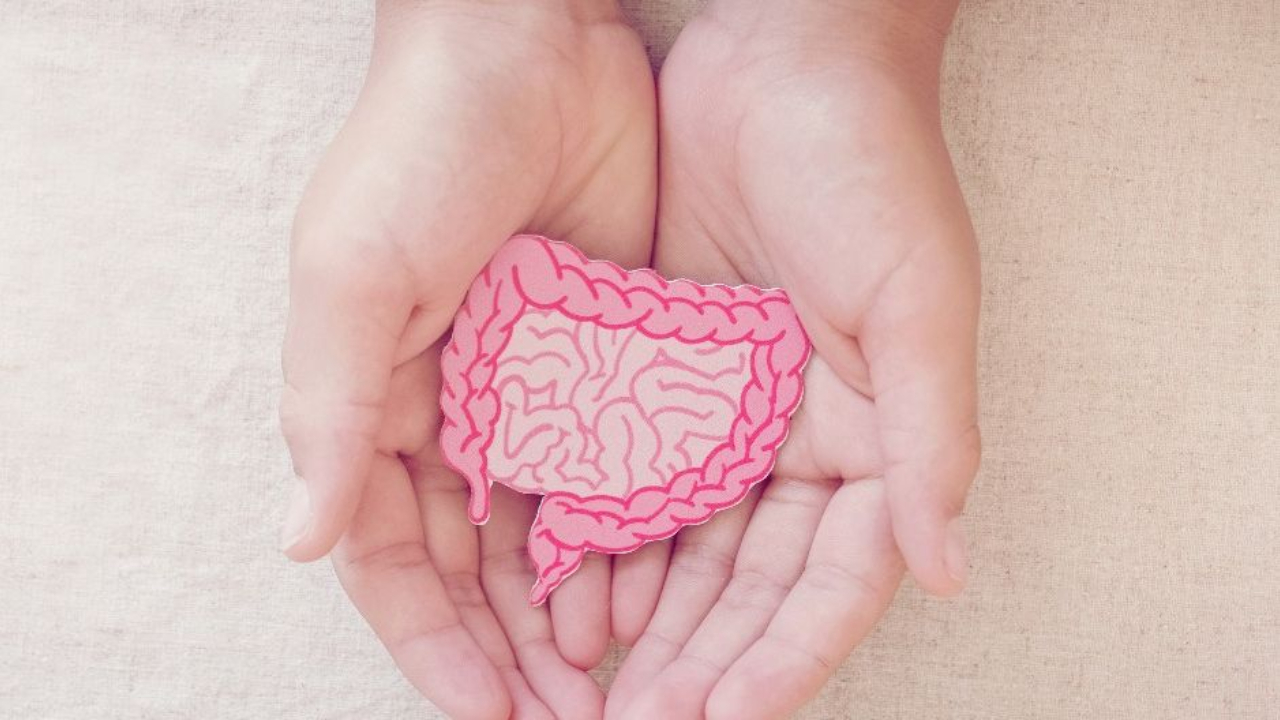What Are the Symptoms of an Unhealthy Gut?
Sep 11, 2025
Gut health is central to overall well-being. The gastrointestinal tract does far more than digest food. It regulates immunity, produces hormones and neurotransmitters, and maintains a barrier that protects the body from harmful substances.
When that system becomes unbalanced, the effects ripple across the body. What often begins with subtle digestive changes can evolve into fatigue, skin issues, mood disturbances, and other health concerns.
Digestive and Energy-Related Symptoms
Digestive discomfort is usually the first signal. Frequent bloating, especially after meals, often reflects microbial imbalance or conditions such as irritable bowel syndrome.
Gas can develop when bacteria ferment undigested carbohydrates in the colon. Constipation and diarrhea that alternate or appear without warning may point to inflammation or disrupted motility.
Chronic heartburn and abdominal pain are further signs that the gut is under strain. Verywell Health’s June 2025 overview of unhealthy gut symptoms names these digestive issues as some of the most consistent indicators.
Energy levels are closely tied to gut health as well. When nutrients are not absorbed properly, cells lack the fuel they need, leaving people fatigued despite adequate rest.
The gut also regulates serotonin production, which in turn affects melatonin and the sleep–wake cycle. An imbalanced microbiome can therefore result in poor sleep, brain fog, or insomnia. Sweetwater Memorial’s April 2025 report on gut-brain health highlights how gut disruption is often behind persistent exhaustion.
Weight Changes, Food Intolerance, and Skin Conditions
Unexplained weight gain or loss is another important marker. Certain bacteria are more efficient at extracting calories, while others influence hormones that regulate appetite and fat storage. When those populations shift, weight can change independently of lifestyle. Food intolerances may follow. When the intestinal barrier becomes weakened, food particles can interact with the immune system, leading to symptoms such as nausea, bloating, or cramping. These intolerances are not allergies, but often indicate a microbial imbalance.
Skin flare-ups are another outward sign. Acne, eczema, psoriasis, and unexplained rashes are linked to inflammation that originates in the gut. A compromised gut barrier allows inflammatory compounds into circulation, which then trigger immune reactions visible on the skin.
Mood, Cravings, and Immune Issues
The gut produces and regulates key neurotransmitters including serotonin, dopamine, and GABA. When microbial balance shifts, mood can change as well. Anxiety, depression, irritability, or heightened stress responses often track closely with digestive complaints. Vogue’s August 2025 coverage of leaky gut highlighted how chronic inflammation in the gut may alter immune function and brain chemistry, reinforcing this gut–brain connection.
Additional warning signs appear in less obvious ways. Strong sugar cravings are common when harmful bacteria dominate and feed on simple carbohydrates. A weakened gut barrier can lower immunity, making infections more frequent or triggering autoimmune flare-ups. Recurrent migraines and headaches are also being linked to gut dysfunction, particularly when they occur alongside digestive symptoms.
Testing, Treatment, and Next Steps
When symptoms persist, medical evaluation is essential. Comprehensive stool analysis can reveal poor microbial diversity, elevated inflammatory markers, signs of a leaky gut and digestive enzyme deficiency. Microbiome mapping through DNA sequencing enables the identification of bacterial populations and imbalances.
Food sensitivity testing identifies poorly tolerated foods that may contribute to inflammation. At the same time, blood tests often uncover nutrient deficiencies such as iron, vitamin B12, or vitamin D. Lifestyle changes are powerful tools for recovery.
A diet rich in fiber, diverse plant foods, and fermented products supports beneficial bacteria. Reducing processed foods and sugar reduces harmful overgrowth. Managing stress and prioritizing restorative sleep helps restore balance in the gut and the brain.
The gut shapes far more than digestion. It influences mood, immunity, energy, skin, and metabolic health. Bloating, fatigue, food sensitivities, skin flare-ups, and persistent cravings should be seen as connected signals rather than isolated issues.
If these signs sound familiar, The Gut Health Specialists can help identify the root causes and create a personalized plan for healing. At The Gut Health Specialists, we take a root-cause, personalized approach to gut healing that prioritizes your comfort, your data, and your long-term outcomes.
Book a 1:1 consultation to explore tailored testing, treatment options, and care that fits your life. You deserve clarity, not guesswork.

